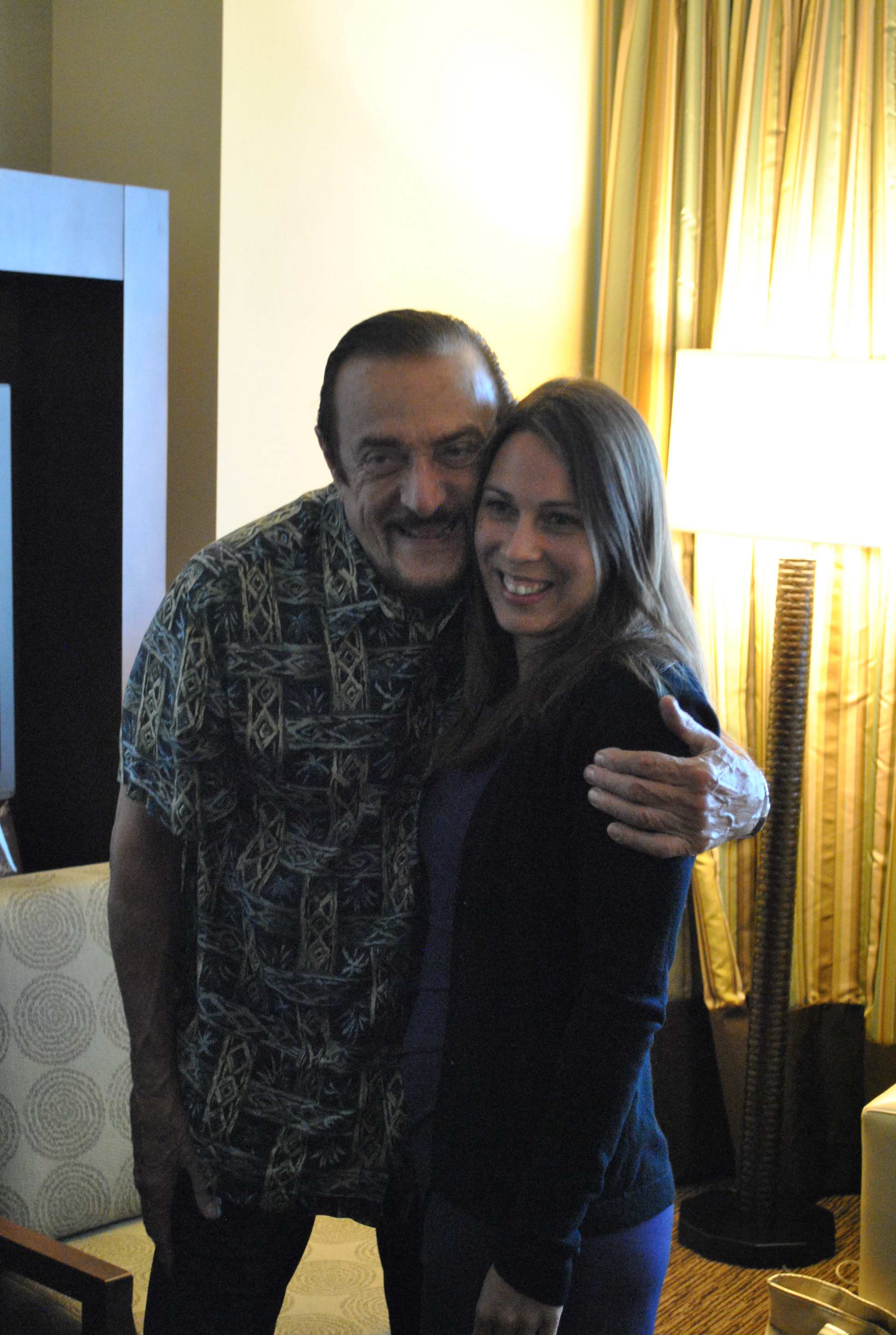 Convention is a great experience! One of the best parts of it is the chance to meet with some of the most famous psychologists in the world. This year APAGS is proud to present its Food For Thought breakfasts featuring very dynamic and impactful psychologists who you do not want to miss.
Convention is a great experience! One of the best parts of it is the chance to meet with some of the most famous psychologists in the world. This year APAGS is proud to present its Food For Thought breakfasts featuring very dynamic and impactful psychologists who you do not want to miss.
Each morning (Thursday-Sunday 7:30-8:50am) the APAGS suite will offer free breakfast for graduate students and the opportunity to hear from prestigious psychologists.
Our first FFT (Thursday, August 4) will feature Dr. Anneliese Singh, Associate Professor at The University of Georgia and co-founder of the Georgia Safe Schools Coalition and Trans Resilience Project. Dr. Singh, featured in a fantastic Tedx talk, will be our first speaker, and one you do not want to miss! Dr. Singh’s research, practice, and advocacy has centered on the resilience of transgender people, transgender people of color, transgender youth, survivors of trauma, immigrants, South Asian survivors of child sexual abuse, and social justice and empowerment training.
Our second FFT (Friday, August 5) will be highlighted by Dr. Michelle Fine. Dr. Fine is a distinguished professor from the Graduate Center, City University of New York. Dr. Fine’s work integrates critical psychological theory with feminist and post-colonial theory, participatory designs, qualitative and quantitative methods and strong commitments to research for social justice. Her primary research interest is the study of social injustice, when it is resisted, and how it is negotiated by those who pay the price for social inequalities. Dr. Fine is a dynamic and inspiriting speaker who was featured at the Big Ideas fest where she led with the question “To whose souls are we accountable?” in the process of innovation. This talk and her commitment to social justice are just two of the reasons you will want to arrive early to get a seat for Dr. Fine’s FFT talk!
Our third FFT (Saturday, August 6) will feature Dr. Mona Amer. Dr. Amer has been recognized for her leadership in addressing the mental health needs of Muslim and Arab Americans, and was awarded the American Psychological Association’s (APA) Award for Distinguished Graduate Student in Professional Psychology. She currently serves as an assistant professor of psychology in the Department of Sociology, Anthropology, Psychology, and Egyptology at The American University of Cairo (AUC), and was the recipient of the University’s Excellence in Teaching Award. For the past 10 years, Dr. Amer has worked on developing cultural competence training programs for practitioners serving Muslim clients that have been administered in the U.S. and U.K. You can catch a glimpse of Dr. Amer’s innovative speaking style by viewing her excellent talk at the Rise Egypt Conference where she spoke about the role of evaluation in social enterprises. Dr. Amer is a passionate speaker who we are excited to learn from at our third FFT!
Our fourth FFT (Sunday, August 7) will be highlighted by APAGS Leadership. These leaders are individuals who will discuss what opportunities allowed them to become leaders, and how they are working to build a better future for psychology by serving as a united voice to enrich and advocate for graduate student development! APAGS is currently committed to a strategic plan to end the internship crisis, develop powerful training opportunities for scientists, and create a culture of leadership in psychology. This talk will encompass a great deal about ways to increase your efficacy as leaders in psychology and efficacious scientists in a changing climate of graduate education!
APAGS is proud to host Drs. Singh, Fine, and Amer, and we hope to see you all at the APAGS suite bright and early for breakfast!




 Samira Paul is completing her second year as a doctoral student in clinical psychology at the American School of Professional Psychology at Argosy, Washington DC. She is the Diversity Chair for the
Samira Paul is completing her second year as a doctoral student in clinical psychology at the American School of Professional Psychology at Argosy, Washington DC. She is the Diversity Chair for the 



 We’re once again Psyching the Vote for APAGS Chair-Elect! During the month of April, APAGS members can submit an elections ballot for elections for
We’re once again Psyching the Vote for APAGS Chair-Elect! During the month of April, APAGS members can submit an elections ballot for elections for 
